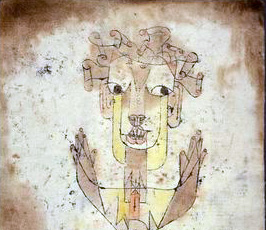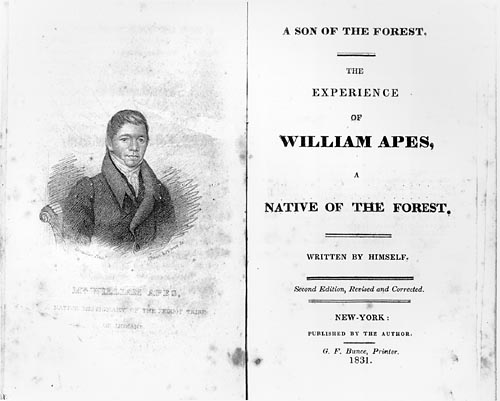Anthony Trujillo
Anthony Trujillo is a member of Ohkay Owingeh Pueblo, one of the six Tewa speaking pueblos located in the upper Rio Grande Valley. He is a PhD candidate in American Studies at Harvard University with a Master of Divinity from Yale Divinity School. His research focuses on Indigenous engagements with – and resistance to – colonial Christianities in the 18th and 19th centuries with particular attention the effects of Christianity on Indigenous connections to their homelands and waterspaces and the downstream impacts on territorial, spiritual and political sovereignties of contemporary Native nations and descendent communities. He is the coordinator of the Native American and Indigenous Studies Working Group at Harvard.

